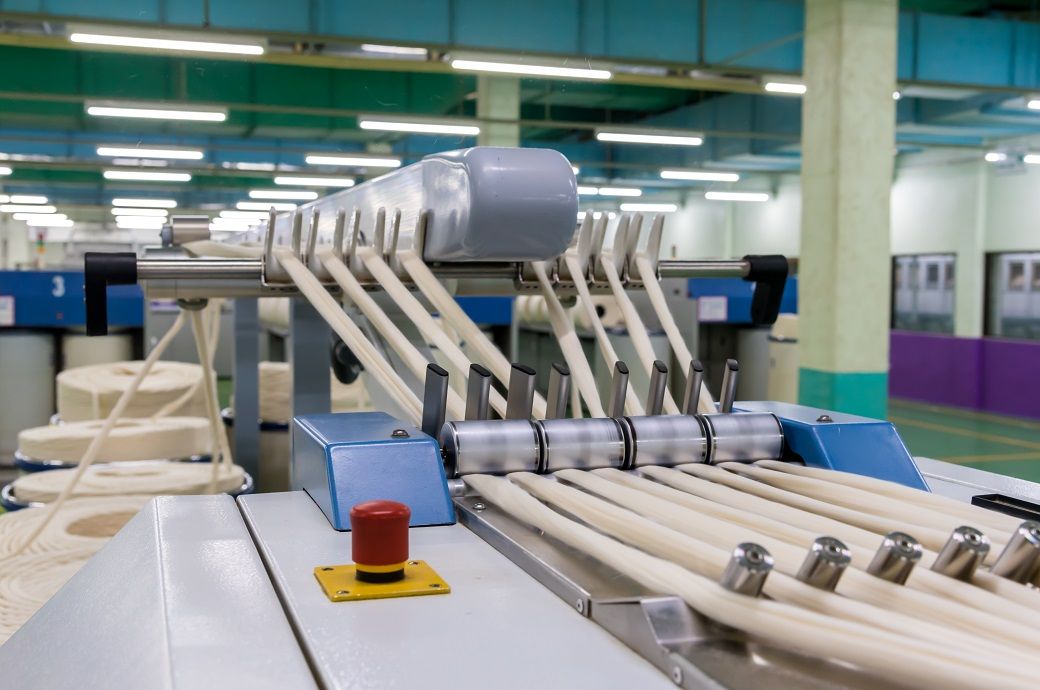
“This fragmentation of production processes has accelerated production and enabled cost efficiencies. Furthermore, trade agreements have enhanced the competitiveness of textiles by creating more equitable conditions for manufacturers across countries. Lower tariffs and improved market access allow exporters to compete more effectively in international markets and expand their customer bases,” Dr. Lath told F2F.
However, the global landscape is not without its challenges. Dr. Lath warned that geopolitical dynamics and changes in trade policies might disrupt supply chains, and companies must stay adaptable and responsive to mitigate such risks. “Compliance with rules of origin and trade regulations is also critical for accessing preferential treatment, impacting supply chain decisions and competitiveness,” he added.
Dr. Lath also stressed on the importance of innovation and product differentiation as crucial strategies to maintain a competitive edge and global brand recognition in the face of these challenges and opportunities.
Click here to read the full interview.
ALCHEMPro News Desk (NB)
Receive daily prices and market insights straight to your inbox. Subscribe to AlchemPro Weekly!